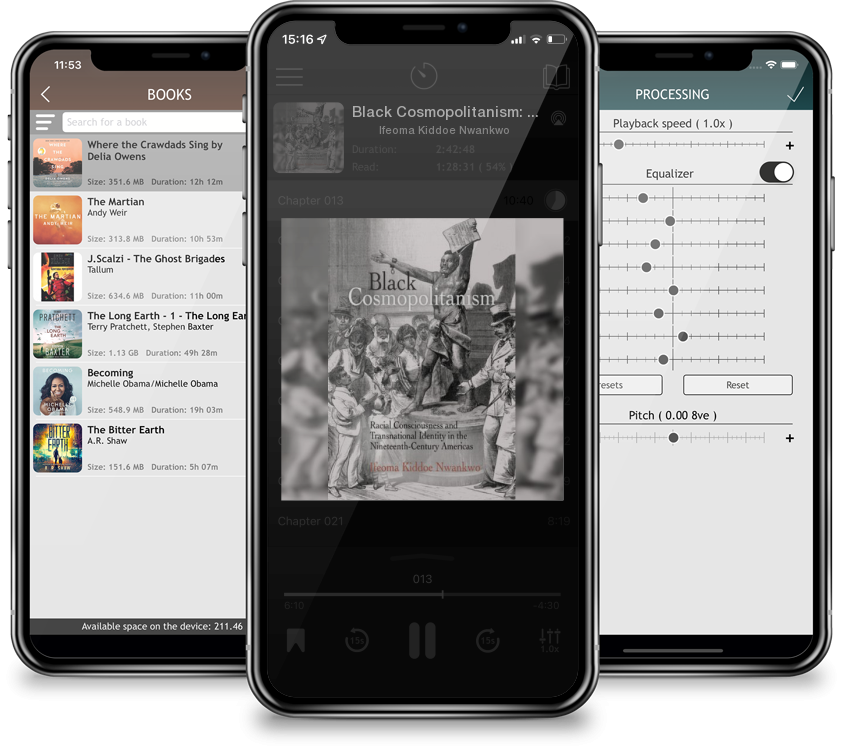Listen to Black Cosmopolitanism: Racial Consciousness and Transnational Identity in the Nineteenth-Century Americas (Rethinking the Americas) by Ifeoma Kiddoe Nwankwo
Enjoy this audiobook with MP3 Audiobook Player - the ultimate iOS audiobook experience
